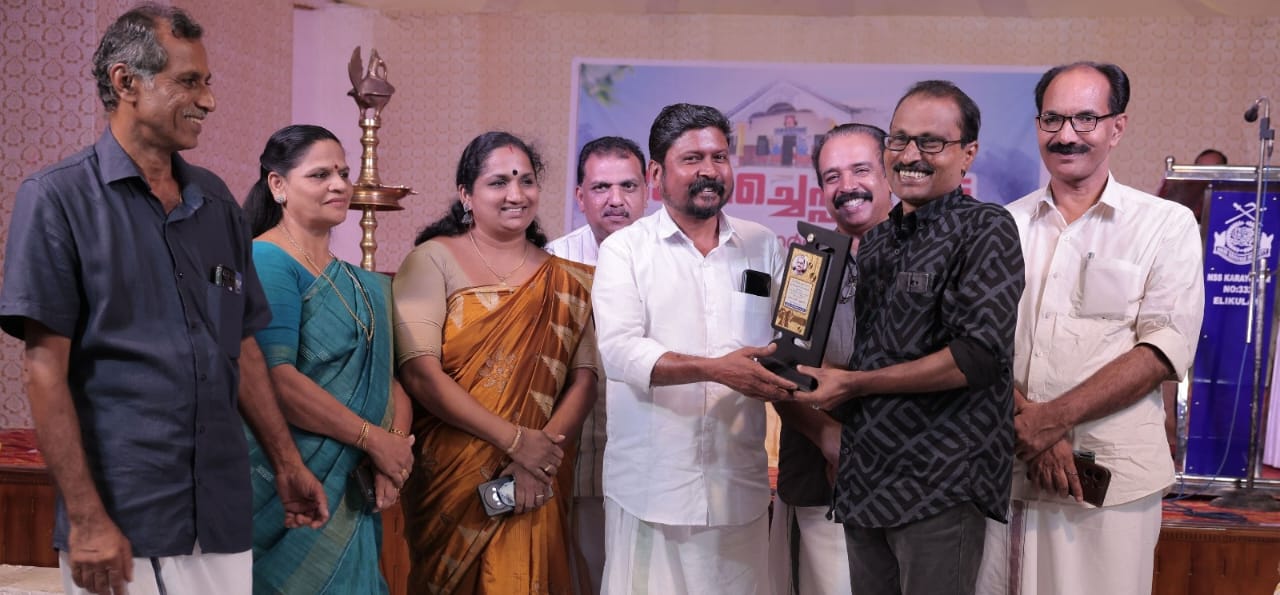# Reliable Care
For handling the challenging health conditions, Europe requires health leaders to demonstrate adaptability, strategic thinking, and a commitment to innovation. As Europe grapples with numerous challenges—ranging from ageing populations and increasing chronic disease burdens to the integration of cutting-edge technologies and ensuring equitable access to care—health leaders are at the forefront of transforming the continent’s healthcare systems to meet these demands. The evolving landscape is characterized by a dynamic interplay of social, economic, and technological factors that require a multifaceted approach to healthcare management and policy-making.
One of the most pressing issues facing European health leaders is the ageing population. With a significant portion of Europe’s population over the age of 65, the demand for healthcare services is growing rapidly. This demographic shift places immense pressure on healthcare systems, requiring them to adapt to the needs of older adults, who often present with multiple, complex health conditions. Health leaders are responding by prioritizing the development of integrated care models that bring together various aspects of healthcare and social services. These models aim to provide coordinated and continuous care, reducing the burden on hospitals and ensuring that elderly patients receive the right care at the right time, often within their own homes or communities.
Another significant challenge in the evolving European healthcare landscape is the rise of chronic diseases, such as diabetes, cardiovascular diseases, and respiratory conditions. These conditions require long-term management and account for a substantial portion of healthcare expenditure. Health leaders are focusing on prevention and early intervention as key strategies to address this challenge. By promoting healthier lifestyles through public health campaigns, supporting the use of digital health tools for self-management, and implementing screening programs, health leaders are working to reduce the incidence and impact of chronic diseases. Additionally, they are advocating for the adoption of value-based healthcare models, which emphasize outcomes over volume, encouraging a more efficient allocation of resources and better patient outcomes.
The integration of technology into healthcare is another area where health leaders are making significant strides. Europe is witnessing a digital revolution in healthcare, with the adoption of electronic health records (EHRs), telemedicine, artificial intelligence (AI), and other digital tools becoming increasingly widespread. However, integrating these technologies into existing healthcare systems is not without its challenges. Health leaders must address issues related to data privacy, interoperability, and the digital divide to ensure that these technologies benefit all patients, regardless of their location or socioeconomic status. The General Data Protection Regulation (GDPR) provides a framework for data protection, but health leaders must also foster trust among patients and healthcare providers by ensuring that data is used responsibly and securely.
In addition to technological integration, health leaders are also focused on workforce development as a critical component of navigating the evolving landscape. The healthcare workforce in Europe is facing significant challenges, including staff shortages, burnout, and the need for new skills to keep pace with technological advancements. Health leaders are investing in education and training programs to equip healthcare professionals with the necessary skills to thrive in a digital and patient-centered healthcare environment. They are also advocating for policies that promote workforce well-being, including measures to reduce burnout and improve working conditions, which are essential for maintaining a resilient and effective healthcare workforce.
Equity in healthcare access remains a fundamental concern for health leaders in Europe. Despite the continent’s advanced healthcare systems, disparities in access to care persist, particularly in rural and underserved areas. Health leaders are working to address these disparities by promoting policies that ensure universal access to high-quality care, regardless of geographic location or socioeconomic status. Telemedicine and mobile health units are among the solutions being deployed to reach remote populations, while initiatives aimed at reducing waiting times and improving the distribution of healthcare resources are also being prioritized. Health leaders recognize that a more equitable healthcare system is not only a matter of social justice but also essential for the overall resilience and sustainability of healthcare systems.
The COVID-19 pandemic has further highlighted the need for health leaders to be agile and responsive to emerging challenges. The pandemic exposed vulnerabilities in healthcare systems across Europe, from supply chain disruptions to the limitations of hospital capacity. In response, health leaders have accelerated efforts to build more resilient healthcare systems that can withstand future shocks. This includes strengthening public health infrastructure, enhancing cross-border collaboration, and investing in research and development to ensure that Europe is better prepared for future health crises. The lessons learned from the pandemic are driving a renewed focus on preparedness, with health leaders advocating for a robust and coordinated approach to public health emergencies.
Furthermore, health leaders are increasingly engaging in international collaboration to address the global nature of many healthcare challenges. Europe is home to some of the world’s leading healthcare research institutions, and health leaders are leveraging this expertise to contribute to global health initiatives. By participating in international efforts to combat pandemics, address climate change, and promote health equity, European health leaders are positioning the continent as a leader in global health. This collaborative approach not only strengthens Europe’s healthcare systems but also contributes to the global fight against health challenges that transcend borders.
By embracing innovation, promoting equity, and fostering resilience, the health leaders are navigating a complex and evolving healthcare landscape. They are addressing the challenges posed by ageing populations, chronic diseases, technological integration, and workforce development with a strategic and patient-centric approach. As Europe continues to adapt to new realities, the leadership and vision of healthcare professionals will be crucial in shaping a future where all citizens have access to high-quality, sustainable healthcare.









